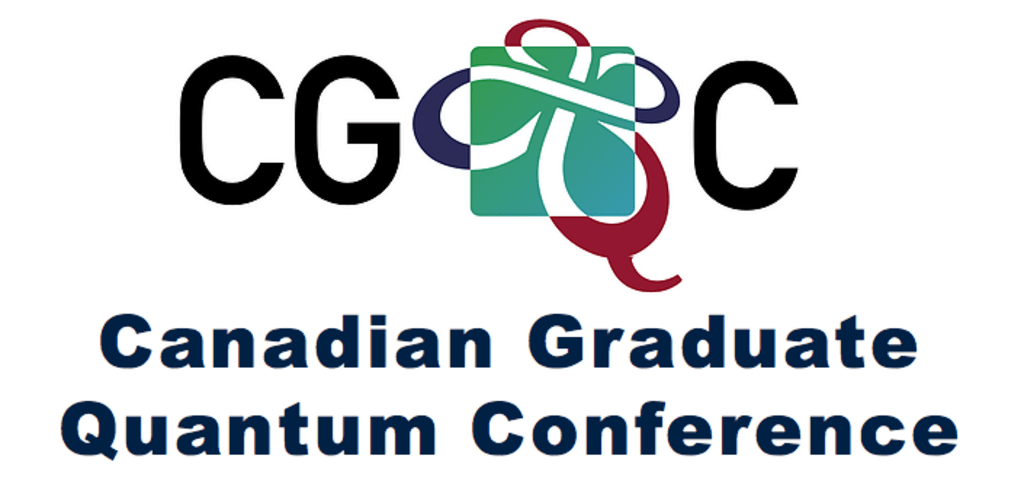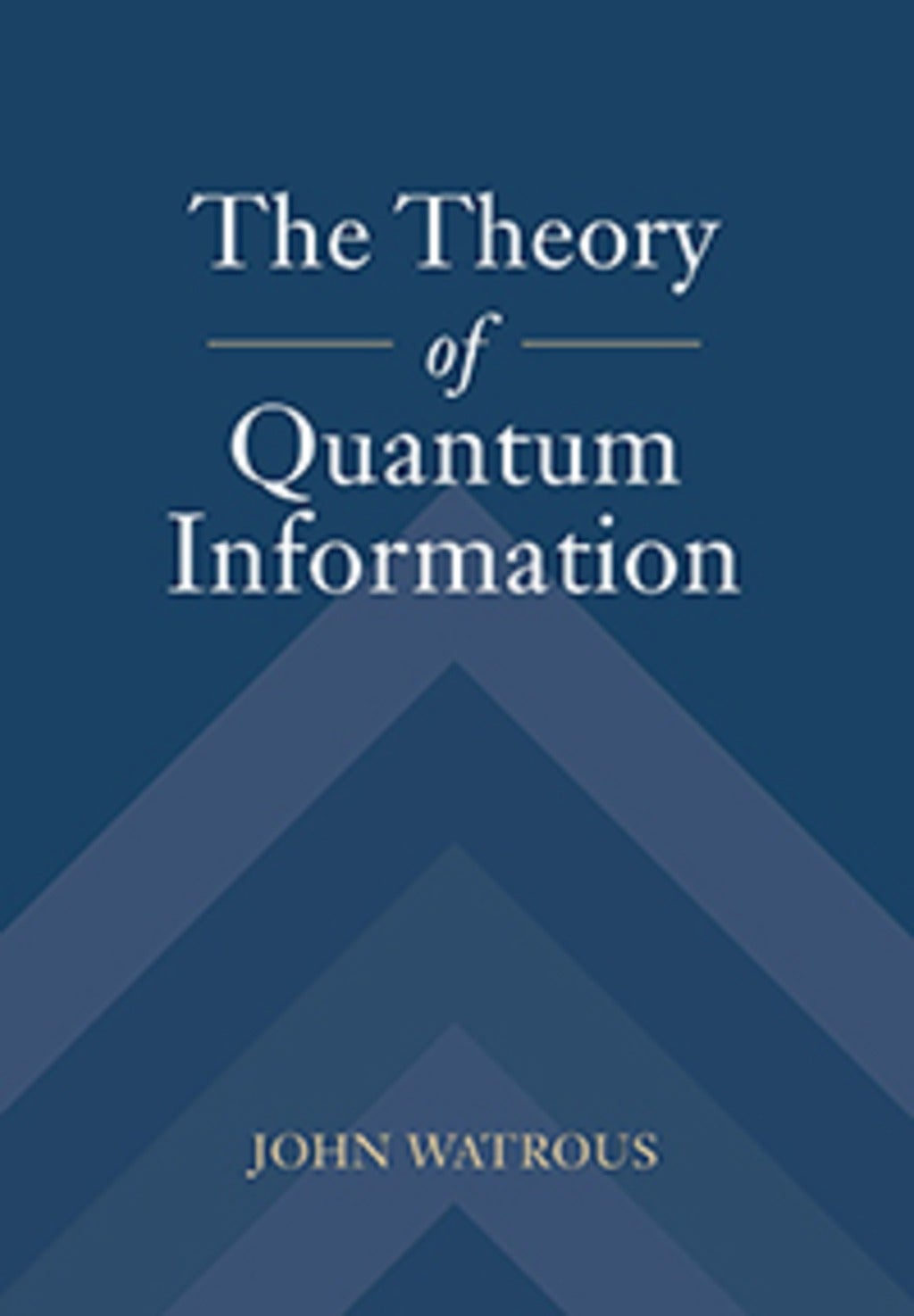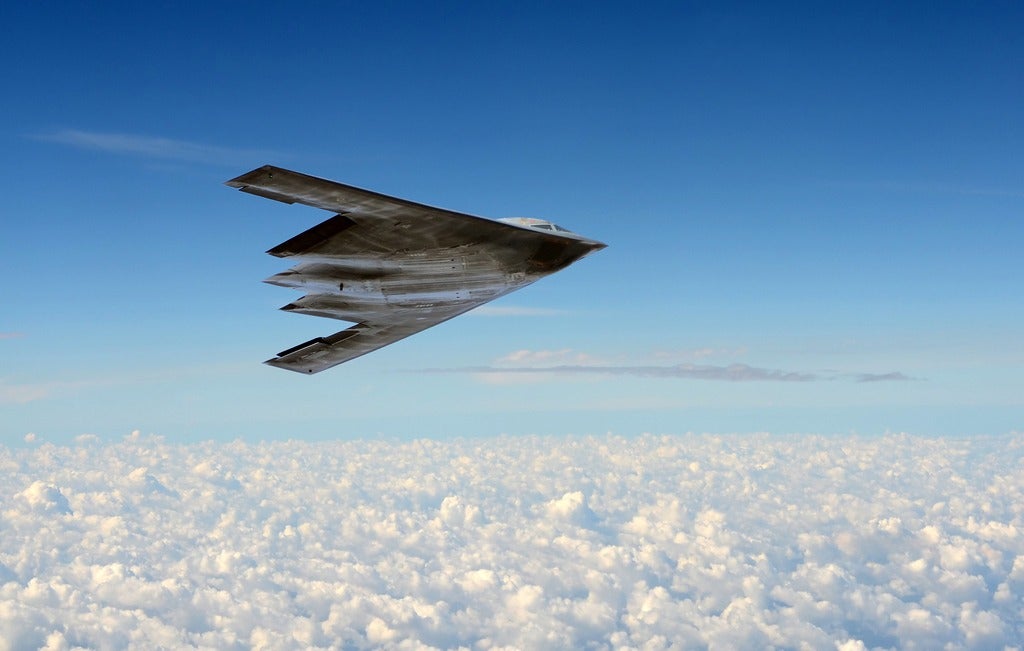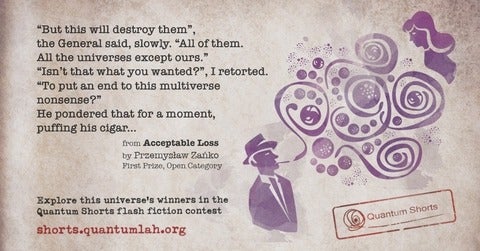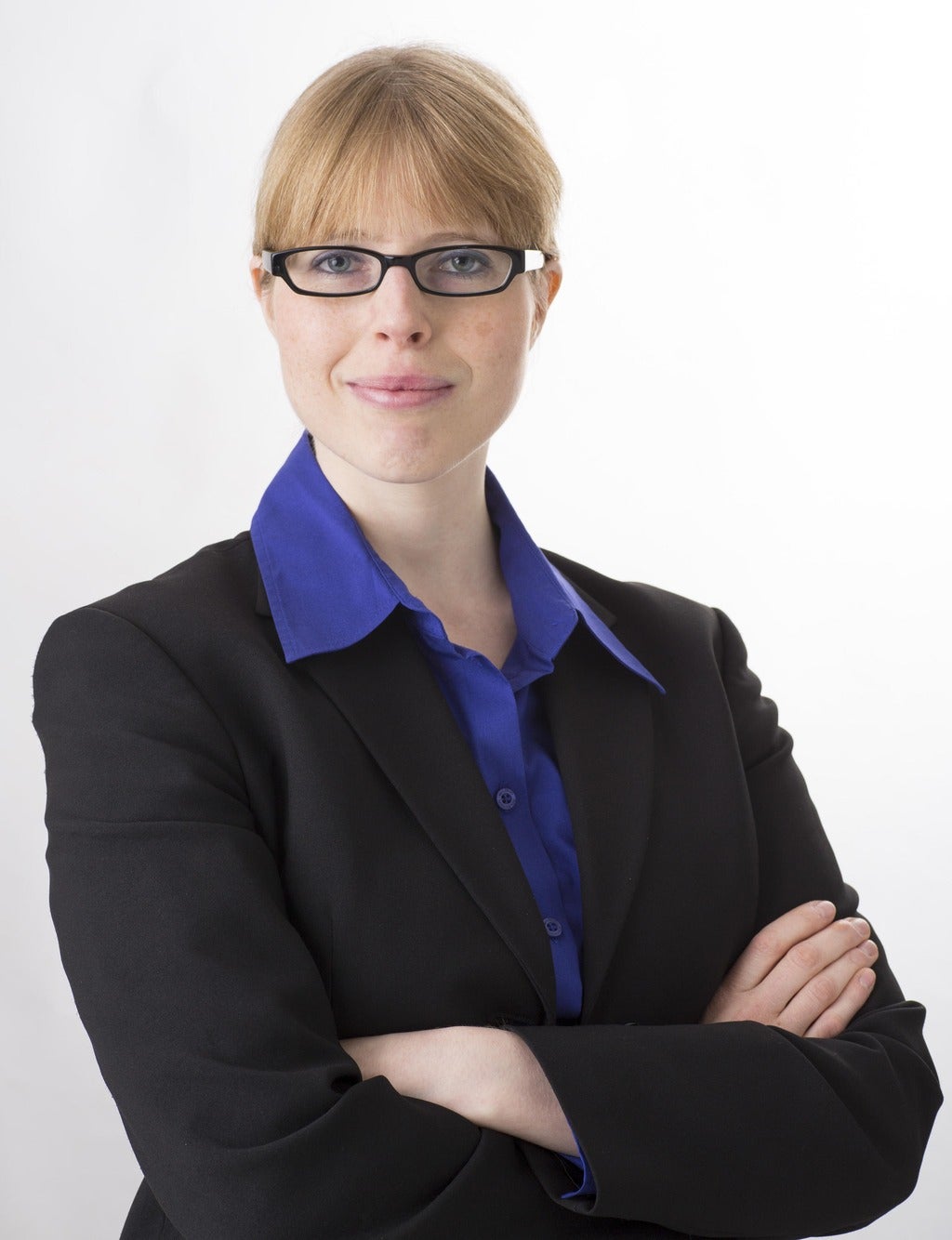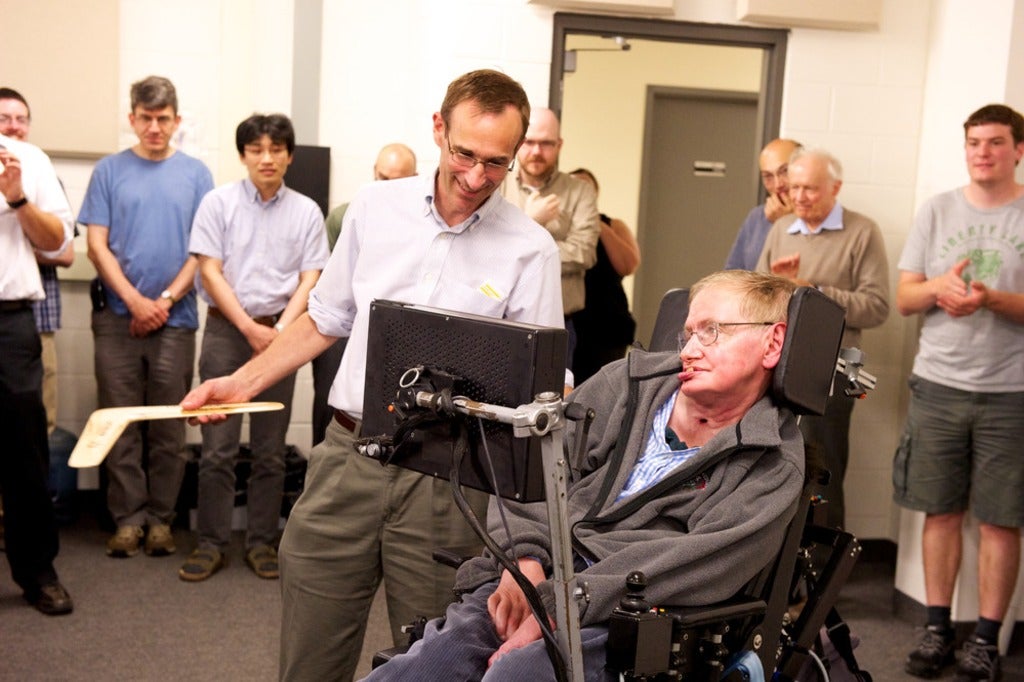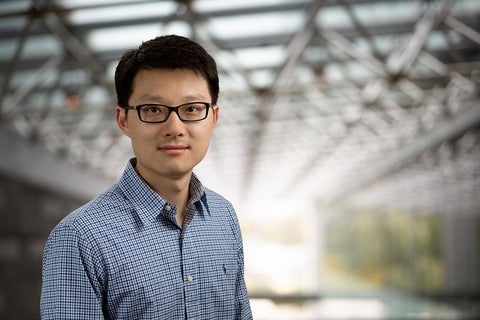New quantum conference will ignite cross-country collaboration
A new conference for graduate students and postdoctoral fellows in quantum science aims to foster collaboration and provide a glimpse into the exciting research taking place in Canada.
Hosted jointly by the three Canada First Excellence Research Fund (CFREF) programs— the Stewart Blusson Quantum Matter Institute (SBQMI), Institut Quantique (IQ), and Transformative Quantum Technologies (TQT)— the Canadian Graduate Quantum Conference runs June 20-22 at the University of British Columbia (UBC) in Vancouver.
